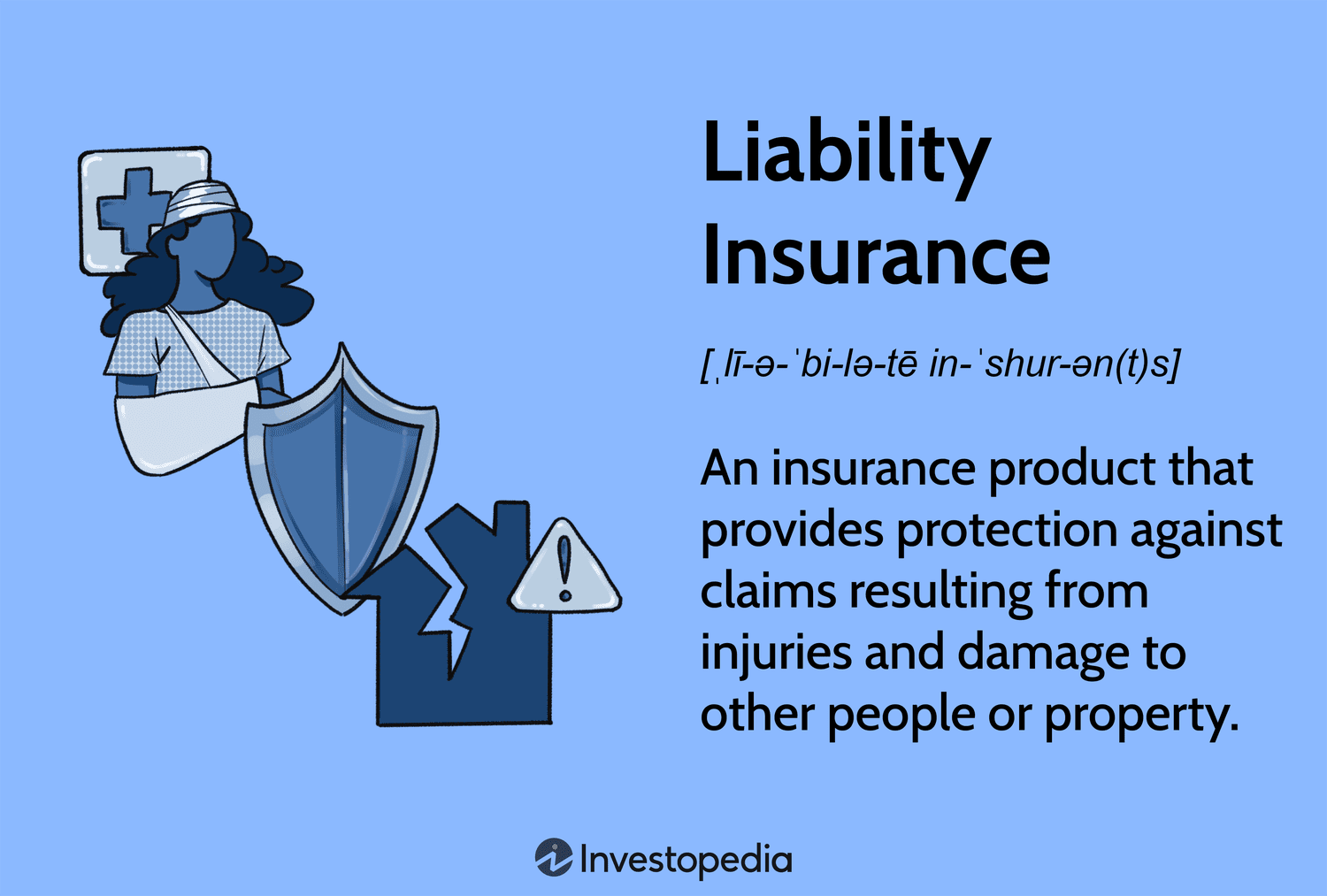In today’s world, where health concerns are becoming increasingly prominent, the Average Cost Of Private Health Insurance In The USA the need for comprehensive health insurance coverage has never been greater. Private health insurance is a popular choice for many Americans, offering a range of benefits and options. However, understanding the average cost of private health insurance in the USA can be a complex and sometimes perplexing task. In this article, we will break down the factors that influence the cost of private health insurance, Average Cost Of Private Health Insurance In The USA provides insights into the average costs across different age groups and offers tips on how to find the right plan for your needs.
Understanding Private Health Insurance
Average Cost Of Private Health Insurance In The USA
Private health insurance, Average Cost Of Private Health Insurance In The USA also known as individual or family health insurance, is a policy purchased by an individual or family to cover medical expenses. It is distinct from government-sponsored programs like Medicare and Medicaid. Private health insurance plans are offered by various insurance companies, and they come in different forms, including Health Maintenance Organizations (HMOs), Preferred Provider Organizations (PPOs), and Exclusive Provider Organizations (EPOs).
Factors Influencing the Cost
The cost of private health insurance in the USA can vary significantly from person to person and from one plan to another. Average Cost Of Private Health Insurance In The USA Several key factors influence the cost of your health insurance premium: Age plays a significant role in determining the cost of private health insurance. Generally, younger individuals pay lower premiums, while older individuals are charged higher rates due to an increased likelihood of health issues.
Health Status
Your current health status and medical history impact your insurance costs. Those with pre-existing conditions may face higher premiums or coverage restrictions.
Coverage Type
The level of coverage you choose greatly affects the cost. Plans with higher deductibles and lower coverage limits tend to have lower premiums, while comprehensive plans come with higher monthly payments.
Lifestyle Factors
Certain lifestyle factors, such as smoking and excessive alcohol consumption, can also affect your insurance costs. Insurers may charge higher premiums to individuals with riskier habits.
Average Costs Across Age Groups
To give you a better idea of what to expect, Average Cost Of Private Health Insurance In The USA let’s examine the average costs of private health insurance across different age groups. Keep in mind that these figures are approximate and can vary based on the factors mentioned above.
Young Adults (18-24)
On average, young adults in the USA can expect to pay between $150 and $300 per month for private health insurance. This age group typically enjoys lower premiums due to their generally good health.
Adults (25-44)
For adults aged 25 to 44, the average monthly premium ranges from $250 to $500. The cost may increase slightly with age, but it remains relatively affordable for this demographic.
Middle-Aged Adults (45-64)
Middle-aged adults can expect to pay higher premiums, with an average monthly cost ranging from $500 to $800. As individuals age, their healthcare needs tend to increase, leading to higher insurance costs.
Seniors (65+)
Seniors aged 65 and older are eligible for Medicare, a government-sponsored program. However, many seniors also purchase supplemental private insurance, known as Medigap, which can cost an additional $100 to $300 per month.
Tips for Finding Affordable Coverage
Finding affordable private health insurance requires careful consideration and research. Here are some tips to help you navigate the process:
Compare Plans
Shop around and compare different insurance plans to find one that meets your needs and budget. Online tools and insurance brokers can assist in this process.
Consider Your Needs
Average Cost Of Private Health Insurance In The USA
Assess your healthcare needs realistically. If you are generally healthy, you may opt for a plan with lower premiums and higher deductibles.
Utilize Preventive Care
Taking advantage of preventive care services can help you avoid costly medical expenses in the long run. Many insurance plans offer free preventive services.
Check for Subsidies
Depending on your income, you may qualify for government subsidies to reduce your insurance costs. Check the Health Insurance Marketplace for eligibility.
Review Network Providers
Ensure that your preferred healthcare providers are within the network of the insurance plan you choose. Out-of-network care can be significantly more expensive.
Additional Considerations
Network Size
When choosing a private health insurance plan, the Average Cost Of Private Health Insurance In The USA considers the size of the provider network. A larger network typically means more healthcare providers to choose from, giving you greater flexibility in selecting doctors and specialists. However, a smaller network might be sufficient if it includes your preferred healthcare providers.

Annual Maximums and Out-of-Pocket Limits
Review the plan’s annual maximums and out-of-pocket limits. The annual maximum is the highest amount the insurance company will pay for covered services in a year. Out-of-pocket limits represent the most you’ll have to pay for covered services in a given year. Plans with higher premiums often have lower out-of-pocket limits.
Coverage for Specialized Services
Average Cost Of Private Health Insurance In The USA
If you have specific healthcare needs, such as maternity care, mental health services, or alternative therapies, ensure that the plan you choose offers adequate coverage for these services. Not all plans cover every type of care, so it’s essential to verify before enrollment.
Customer Service and Support
Consider the quality of customer service and support provided by the insurance company. Read reviews and check for online resources or helplines where you can get assistance with questions or claims. Good customer service can make a significant difference in your overall experience.
Review Policy Documents
Before finalizing your choice, carefully review the policy documents, including the Summary of Benefits and Coverage (SBC) and the policy’s terms and conditions. Understanding the fine print can prevent surprises when you need to use your insurance.
Stay Informed and Make Informed Choices
Private health insurance is a valuable tool for managing your healthcare expenses and ensuring access to quality medical care. To make the most of your coverage, stay informed about changes in healthcare laws, regulations, and available plans. Periodically reassess your insurance needs to ensure that your chosen plan continues to align with your health and financial goals.
Managing Your Private Health Insurance
Regularly Review Your Plan
Your healthcare needs may change over time, so it’s essential to review your insurance plan annually. Consider whether your current plan still meets your needs and budget. If not, explore other options during the Open Enrollment period.
Keep All Documentation
Maintain records of your insurance documents, including your policy, premium payments, and Explanation of Benefits (EOB) statements. These documents can be crucial for resolving disputes, tracking your healthcare expenses, and filing claims.
Understand Your Benefits
Familiarize yourself with the benefits your insurance plan offers. Know what services are covered, what your copayments or coinsurance rates are, and any limits or restrictions on coverage. Being informed can help you make the most of your plan.
Seek Preventive Care
Preventive care is an essential aspect of healthcare. Many private insurance plans cover preventive services like vaccinations, screenings, and wellness check-ups at no additional cost. Utilize these services to detect and address potential health issues early.
Save for Medical Expenses
Consider setting aside funds in a Health Savings Account (HSA) or Flexible Spending Account (FSA) if your plan allows it. These accounts let you save pre-tax dollars to cover qualified medical expenses, reducing your overall healthcare costs.
Be Informed About Telemedicine
Telemedicine has become increasingly popular, especially in light of the COVID-19 pandemic. Check if your insurance plan includes telemedicine services, which can provide convenient access to healthcare professionals via virtual appointments.
Know How to Appeal Claims
If you ever face claim denials or disputes, understand your rights to appeal. Insurance companies have processes in place for resolving disagreements about coverage. Familiarize yourself with these procedures to ensure you receive the benefits you’re entitled to.
Stay Healthy
One of the most effective ways to reduce healthcare costs is to prioritize your health. Maintain a healthy lifestyle through regular exercise, a balanced diet, and preventive measures like vaccinations. A healthier lifestyle can lead to fewer medical expenses in the long run.
Consult with an Insurance Advisor
If you find the process of selecting and managing private health insurance overwhelming, consider consulting with an insurance advisor or broker. These professionals can provide personalized guidance and help you navigate the complexities of insurance.
The Value of Private Health Insurance
Private health insurance is not just an expense; it’s an investment in your health and financial security. Here are some key takeaways to remember:
Peace of Mind
Having private health insurance provides peace of mind knowing that you have financial protection in case of unexpected medical expenses. It allows you to focus on your health without worrying about the burden of high healthcare costs.
Access to Quality Care
Private health insurance often offers access to a broader network of healthcare providers and specialists, allowing you to receive timely and specialized care when needed. This access can be invaluable in critical health situations.
Preventing Financial Hardship
Medical bills can quickly accumulate, leading to financial hardship. Private health insurance helps prevent this by covering a significant portion of your medical expenses, reducing the financial strain on you and your family.

Encouraging Preventive Care
Many private insurance plans emphasize preventive care, which can help you maintain good health and detect potential issues early. Regular check-ups and screenings can prevent more significant health problems down the road.
Supporting a Healthy Lifestyle
Knowing that you have health insurance can motivate you to adopt a healthier lifestyle. When you have coverage, you’re more likely to seek medical advice and address health concerns promptly, contributing to your overall well-being.
Financial Stability
Healthcare costs can be unpredictable, but private health insurance offers financial stability. By budgeting for regular premium payments, you can better manage your healthcare expenses throughout the year.
Final Thoughts
The average cost of private health insurance in the USA may vary, but its benefits in terms of health protection and peace of mind are invaluable. Your health is an asset, and investing in comprehensive health insurance is one of the most responsible decisions you can make.
Remember that selecting the right private health insurance plan requires careful consideration of your unique needs, lifestyle, and budget. Take the time to research and compare plans, seek professional advice if needed, and stay informed about changes in the healthcare landscape.
Whether you’re a young adult starting your career, a family with growing healthcare needs, or a senior planning for retirement, private health insurance can be tailored to suit your life stage and priorities. It’s a commitment to your well-being and financial security.
The Significance of Private Health Insurance
Private health insurance is more than just a financial tool; it’s a critical lifeline in times of health crises. Here’s why it matters:
Tailored Coverage
Private health insurance allows you to tailor your coverage to your specific needs. You can choose the plan that aligns with your lifestyle, family size, and health requirements, ensuring you get the most out of your investment.
Timely Access
In emergencies or for critical medical procedures, private health insurance often provides quicker access to healthcare services. This can be a lifesaver, ensuring that you receive prompt and necessary treatment.
Protection Against Medical Debt
Medical debt is a leading cause of financial stress in the United States. Private health insurance serves as a shield, preventing you from being overwhelmed by medical bills and helping you maintain financial stability.
Investment in Well-Being
Your health is your most valuable asset. Private health insurance is an investment in maintaining and improving your well-being. Regular check-ups, preventive care, and early intervention can lead to a healthier and happier life.
Contribution to Peace of Mind
The peace of mind that comes with knowing you’re covered in times of illness or injury is priceless. Private health insurance offers you the confidence that you can face health challenges without fear of financial ruin.
Key Takeaways
In summary, here are the key takeaways from this article on the average cost of private health insurance in the USA:
Factors Vary: The cost of private health insurance varies based on factors like age, health status, coverage type, location, and lifestyle choices.
Stay Informed: Regularly review your plan, understand your benefits, and be aware of changes in healthcare laws and regulations.
Seek Preventive Care: Take advantage of preventive care services to maintain good health and prevent future health issues.
Peace of Mind: Private health insurance provides peace of mind, timely access to care, and protection against overwhelming medical debt.
Remember that your health is a lifelong journey, and private health insurance is a crucial companion along the way. It offers not only financial security but also the assurance that you can face whatever health challenges come your way.
Conclusion
The average cost of private health insurance in the USA varies widely based on factors such as age, health status, coverage type, location, and lifestyle. It’s essential to carefully evaluate your needs and budget when selecting a plan. By doing so, you can strike a balance between affordable premiums and comprehensive coverage that ensures your health and financial well-being.
FAQ
- Is private health insurance more expensive than government-sponsored programs?
Private health insurance can be more expensive than government-sponsored programs like Medicare and Medicaid, but it often provides more extensive coverage options and flexibility. - Can I change my private health insurance plan during the year?
In most cases, you can only make changes to your private health insurance plan during the annual Open Enrollment period. However, certain life events, such as marriage or the birth of a child, may qualify you for a Special Enrollment Period. - What is a deductible, and how does it affect my premium?
A deductible is the amount you must pay for covered healthcare services before your insurance plan starts to pay. Choosing a plan with a higher deductible typically results in lower monthly premiums but may require you to pay more out-of-pocket when you receive medical care. - Are there penalties for not having private health insurance?
Under the Affordable Care Act (ACA), there may be penalties for not having health insurance coverage, but these penalties vary by state and may no longer apply in some areas. - Can I purchase private health insurance if I have a pre-existing condition?
Yes, thanks to the ACA, insurance companies cannot deny coverage or charge higher premiums based on pre-existing conditions. However, specific rules and protections may vary by state.
 Insu Edu Tech Insurance, Education & Technology
Insu Edu Tech Insurance, Education & Technology





Your article helped me a lot, is there any more related content? Thanks!